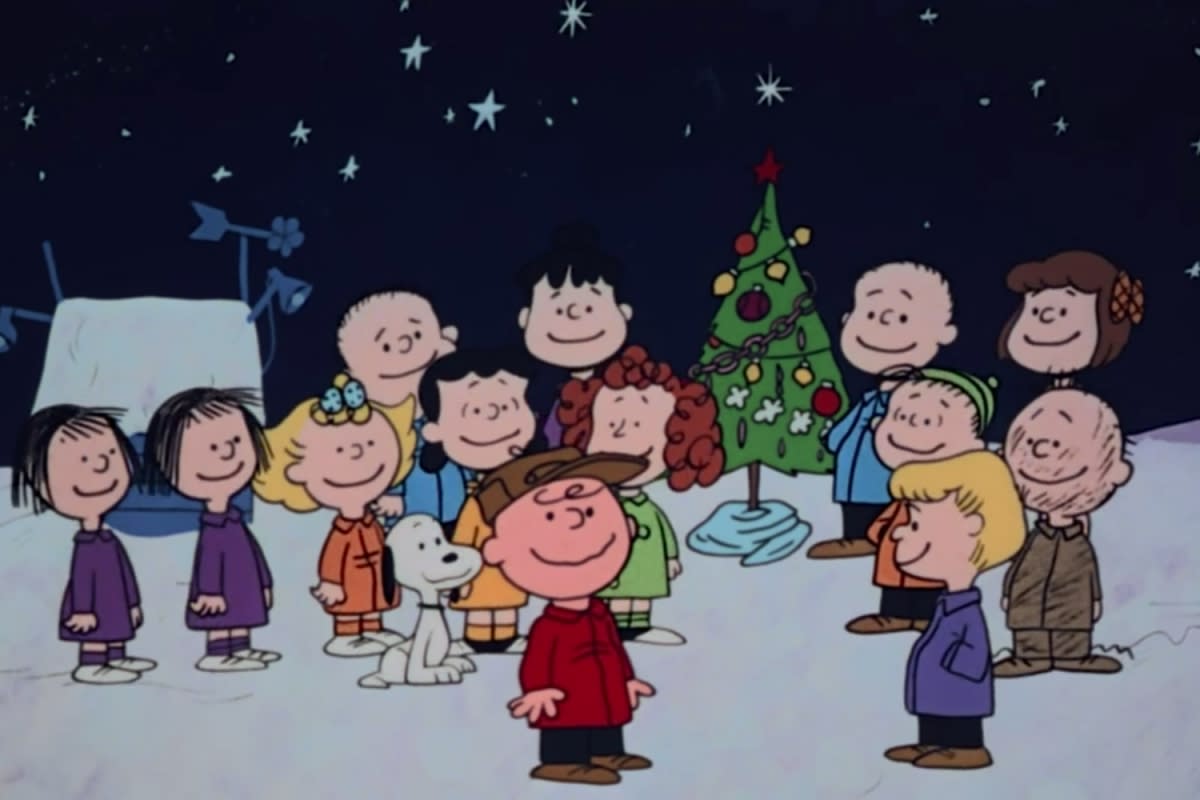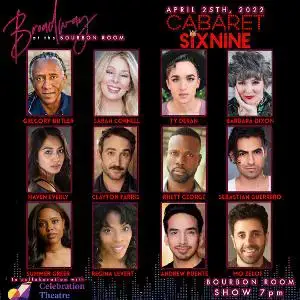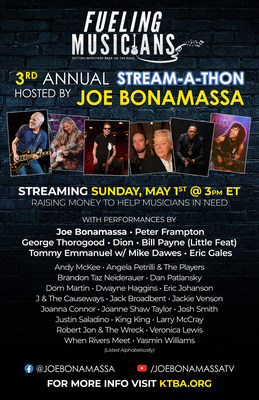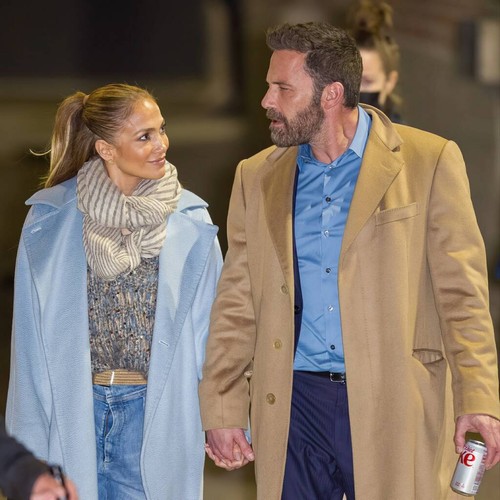Why Is It So Sad When Characters in Christmas Movies Sing in Unison?

Table of Contents

According to a single of the lots of oft-quoted traces in the present day vacation typical Elf, the finest way to spread Xmas cheer is singing loud for all to listen to. It is also, for some motive, 1 of the best techniques to minimize me to tears.
I’m not frequently a big movie crier. Individually, I want to help you save my irrational tears for drunk crying on bathroom flooring or weeping quietly on the subway. But give me a bunch of figures in a Xmas movie coming together to sing in unison at a climactic stage in the film, and the tears move forth.
This trope is a somewhat widespread just one, showing up in a handful of noteworthy Christmas classics. It is existing in Elf, when Zooey Deschanel’s character leads some “spontaneous Xmas caroling” in Central Park, but this unique manufacturer of Christmas film singing has precedent in much older holiday classics like the unique How the Grinch Stole Xmas, unveiled in 1966, and the prior year’s A Charlie Brown Xmas.
It is critical to be aware that the trope I’m talking about — and its ability to soften my cold, icy coronary heart like Kris Kringle serenading the Winter Warlock in Santa Claus Is Comin’ to Town — does not apply to just any singing that happens in a Christmas film. In reality, it doesn’t even apply to Kris Kringle serenading the Winter season Warlock, so forget I just reported that. Xmas videos are total of singing if every single musical number in just about every getaway movie from Rankin & Bass to Hallmark drove me to tears, I’d just be a person who’s exceptionally moved by Christmas music.
As it happens, the certain model of Christmas film singing I’m chatting about and its tear-jerking capability has much significantly less to do with either the track or the singing than it does the context in which the singing usually takes area. The tunes on their own are frequently trite Christmas carols with repetitive and at times even meaningless lyrics the singing is pretty much essentially of weak quality, executed by a bunch of randomly assembled amateurs. But they are amateurs who have all been moved to sub-par song by the real that means of Xmas by itself, and this is both heartwarming and, in my view, pretty unhappy.
There are couple of certain conditions that individual this trope from the relaxation of the singing that tends to take place in Christmas videos:
1. The singing must get spot in a group
No solo acts. Buddy the Elf sing-yelling “I’m in a shop and I’m singing,” though spontaneous, does not count.
2. The characters must be informed that they are singing
This guidelines out most group quantities that choose put in your conventional musical, in which songs are typically a storytelling machine fairly than a plot position taking place in the narrative itself. In unfortunate Xmas movie singing as I have described it, equally the viewers and the figures are mindful that singing is occurring. These characters know they are singing (as does anyone close to them), and they’re singing for a cause — commonly one that has a little something to do with Xmas spirit.
3. The singing have to be spontaneous
No Xmas pageant scenes or or else planned performances count. This type of singing has to be motivated by a divine act of Christmas Spirit. Just one exception is the Grinch, in which we’re informed the Whos’ Xmas early morning salute is an annual prevalence. But while this distinct musical display may perhaps not technically be spontaneous, the Grinch surely wasn’t anticipating it, and it even now arrives throughout as much more of a communal outpouring of emotion than a prepared general performance.
4. The singing takes place close to the climax of the film (and frequently performs an integral function in the resolution)
Not only does the singing exist in just the world of the narrative, rather than just as a framework of the narration, but it normally functions as a very important plot product that drives the resolution (and generally the real which means of Xmas) property. Singing that takes location in these films normally proves to possess magical qualities, generating believers out of Xmas cynics and generally preserving the vacation in the approach, which delivers us to …
5. There is a cynical outsider who initial resists, then joins in the spontaneous singing
Irrespective of whether it is Buddy’s more than-worked dad, an ego-bruised Charlie Brown or the Grinch himself, the singing ought to assist a downtrodden cynic see the mild.
Extra Like This
For context, right here are a couple notable examples of the trope at operate:
Elf (2003)
Who’s singing? Anyone in Central Park, specially — and, it seems, most importantly — Walter Hobbs. We’re led to imagine nearly everyone looking at NY1 also takes place to be a part of in.
The track: Santa Claus Is Comin’ to City
Why? Buddy the Elf’s human enjoy fascination Jovie, played by a very blonde Zooey Deschanel, requires a webpage out of Buddy’s reserve of elven wisdom and potential customers a courageous mass Xmas carol in an try to elevate plenty of Christmas cheer to get Santa’s sleigh off the floor.
What does this achieve? A music-fueled resurgence of Christmas cheer aids Santa’s sleigh acquire flight in a slim escape from the Central Park Rangers, but only soon after Buddy’s grouchy workaholic dad embraces the Christmas spirit and joins in.
How the Grinch Stole Christmas (1966)
Who’s singing? Every Who down in Whoville, the tall and the small.
The track: Welcome Xmas (aka Fahoo Fores)
Why? Mainly because that’s what Whos do on Christmas, and despite the Grinch’s very best initiatives to end it, Christmas came, just the same.
What does this complete? The Whos’ collective outburst of gleeful singing in the face of their stolen holiday leads to the Grinch’s modest coronary heart to grow 3 sizes, supplying him both equally the physical and ethical fortitude necessary to conserve Christmas and be a part of the Whos in celebratory tune.
A Charlie Brown Xmas (1965)
Who’s singing? Lucy, Linus, and the relaxation of the cast of the Xmas pageant, who expended most of the movie bullying Charlie Brown.
The music: Hark! The Herald Angels Sing
Why? Unclear, actually. Immediately after offering Charlie Brown’s twig tree a swift makeover, the team breaks into a lower hum for no evident explanation. When a bemused Chuck comes on the scene demanding responses, his bullies basically shout a hearty Christmas greeting at him just before breaking into track.
What does this achieve? Also unclear, and to be genuine, this could be the weakest case in point of the trope (nevertheless also probably the saddest?). The singing alone does not look to do considerably other than lead into the credits, and whilst the transformation of the tree is very little shorter of miraculous, it looks to be the result of cartoon magic, relatively than song-induced Xmas magic. That explained, the gesture seems to acquire Charlie Brown about, and he ultimately joins in, signaling all has been forgiven and Chuck has now been approved by his friends — until the next holiday specific, of system.
Clearly, the writers who selected to make use of this trope knew it experienced narrative energy, and they had the formulation down pat. But what will make it so unhappy? Why just cannot I enjoy a cast of characters sing jointly in a spontaneous outpouring of Christmas spirit with out weeping? What free thread of my broken soul does this trope tug on, and why?
As another person who doesn’t do perfectly in teams and normally actively resists identifying inside of a neighborhood, my heartrending affection for these onscreen times of musical bonding has constantly been a subject of confusion. At some points in my daily life, I have even imagined myself alternatively Grinch-like. As a frustrated school scholar, I recall peering down from the window of my single dorm place at all my classmates as they invariably flooded the campus green on the very first unseasonably heat day of late winter, lying out in shorts and trying to tan under a even now-distant solar. Sometimes I’d picture myself like a type of springtime Grinch, sneering down at my friends from my lonely perch like, “Those idiots, really don’t they know lifestyle is meaningless and they must be within currently being depressed?”
As Xmas film screenwriter Karen Schaler informed the Washington Publish previous yr, screenwriters know audiences crave the feelings they are denied in real existence. Am I drawn to these moments of onscreen togetherness since I identify with the outsider, and crave his supreme acceptance into the cult of Christmas cheer? Do I weep about these scenes since spontaneous, simultaneous singing requires a level of communion with one’s fellow gentleman I have almost never permitted myself?
Interestingly ample, the lonely outsider who ultimately joins the spontaneous Christmas caroling in the higher than examples is generally an finally sympathetic character — generally he’s even the protagonist. We are commonly called to establish with him far more than his easily blissful fellow carolers. Perhaps, on some amount, we are all the cynical outsider determined to be welcomed into the musical embrace of mass Xmas cheer.
Additional Like This
This posting was featured in the InsideHook newsletter. Indication up now.
The article Why Is It So Unhappy When Characters in Christmas Movies Sing in Unison? appeared 1st on InsideHook.
The post Why Is It So Unhappy When People in Xmas Motion pictures Sing in Unison? by Kayla Kibbe was initially revealed on InsideHook.



